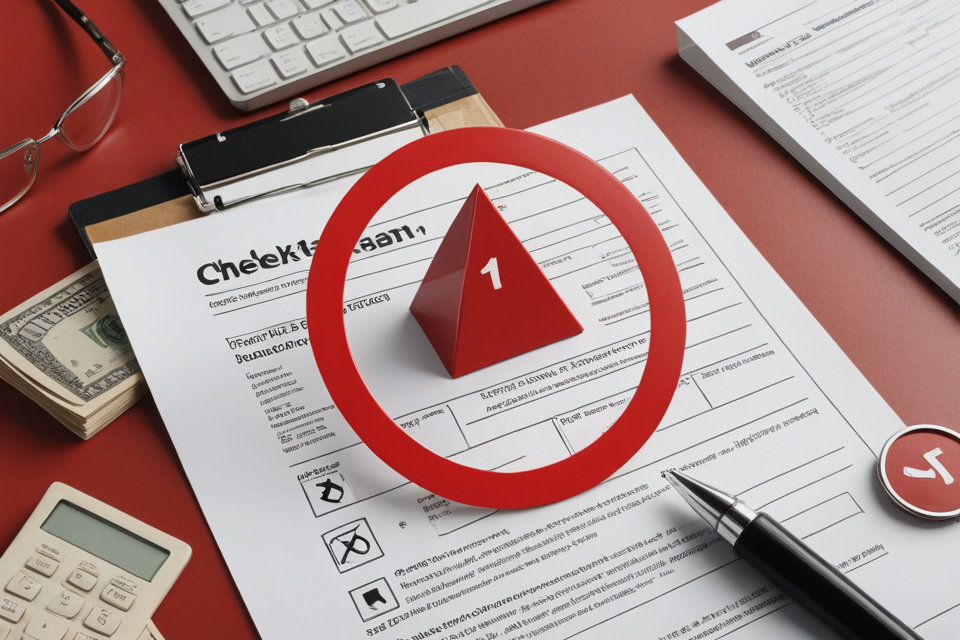Investing is a powerful way to grow your wealth and secure your financial future. However, the investment world can also be rife with scams designed to exploit unsuspecting investors. Recognizing and avoiding these scams is crucial for safeguarding your hard-earned money and achieving your financial goals. In this blog, we’ll explore common investment scams, how to identify them, and practical steps you can take to avoid falling victim to these deceitful schemes.
1. Understanding Common Investment Scams
Investment scams come in various forms, each with its own tactics to deceive investors. Here are some of the most common types:
- Ponzi Schemes: These schemes promise high returns with little risk, but they rely on new investors to pay returns to earlier investors. Eventually, the scheme collapses when new investment slows down.
- Pyramid Schemes: Similar to Ponzi schemes, pyramid schemes involve recruiting others to invest, with returns paid based on the investments of new recruits. These schemes are unsustainable and illegal.
- Pump and Dump: Scammers artificially inflate the price of a stock through false or misleading statements, then sell off their shares at the inflated price, leaving other investors with worthless stock.
- Advance Fee Frauds: Scammers promise significant returns or exclusive investment opportunities but require upfront payments or fees. Once the fee is paid, the scammers disappear.
- Phantom Riches: These scams involve claims of high returns with little or no risk, often targeting individuals who are seeking to quickly grow their wealth.
2. Red Flags to Watch For
Being able to identify the warning signs of investment scams is essential in protecting yourself. Look out for these red flags:
- Unrealistic Promises: Be wary of promises of guaranteed high returns with little or no risk. All investments carry some level of risk, and no legitimate investment can guarantee returns.
- Lack of Transparency: If an investment opportunity lacks clear, verifiable information about how it works or the associated risks, it’s a major red flag. Transparency is crucial in evaluating the legitimacy of an investment.
- Pressure Tactics: Scammers often use high-pressure tactics to rush you into making a decision. Be cautious if you’re pressured to invest quickly or told that the opportunity is only available for a limited time.
- Unregistered Investments: Verify that any investment opportunity is registered with appropriate regulatory bodies, such as the Securities and Exchange Commission (SEC) or Financial Industry Regulatory Authority (FINRA). Unregistered investments can be risky and unregulated.
3. Conduct Thorough Research
Before making any investment, conducting comprehensive research can help you avoid scams:
- Verify Credentials: Check the credentials and background of any financial advisor or investment professional you are considering. Look for regulatory licenses and reviews from reputable sources.
- Review Company History: Investigate the history and reputation of the company or investment platform offering the opportunity. Look for any past complaints, legal issues, or negative reviews.
- Understand the Investment: Ensure you fully understand how the investment works, including its risks and potential returns. Avoid investments that seem too complex or obscure.
- Consult Professionals: Seek advice from independent financial advisors or legal professionals before committing to any investment. They can provide an objective assessment and help you make informed decisions.
4. Verify Investment Opportunities
When evaluating potential investments, it’s essential to verify their legitimacy:
- Check Registration: Confirm that the investment is registered with regulatory agencies and complies with relevant laws and regulations. You can often find this information through regulatory websites or by contacting the agency directly.
- Review Financial Statements: Examine the financial statements and performance reports of the investment. Look for discrepancies or signs of financial instability.
- Look for Third-Party Endorsements: Seek endorsements or reviews from reputable third-party organizations or industry experts. Positive endorsements from credible sources can provide added assurance of legitimacy.
5. Educate Yourself and Stay Informed
Knowledge is your best defense against investment scams. Stay informed about common scam tactics and best practices for safe investing:
- Stay Updated: Keep up with news and updates from financial regulatory agencies, industry news, and consumer protection organizations. Awareness of current scams can help you avoid them.
- Participate in Financial Education: Engage in financial literacy programs, workshops, and online courses to enhance your understanding of investing and recognize potential scams.
- Be Skeptical: Adopt a healthy level of skepticism when encountering new investment opportunities. If something seems too good to be true, it probably is.
6. Report Suspicious Activity
If you encounter a suspicious investment opportunity or suspect you’ve been targeted by a scam, take action to protect yourself and others:
- Report to Authorities: Report any suspected scams to regulatory authorities, such as the SEC, FINRA, or the Federal Trade Commission (FTC). Your report can help prevent others from falling victim.
- Alert Your Financial Institution: If you’ve provided personal or financial information to a suspected scammer, notify your bank or financial institution immediately to safeguard your accounts.
- Share Your Experience: Consider sharing your experience on consumer review platforms or forums to warn others about potential scams.

